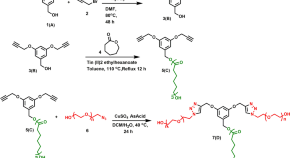Microorganism-mediated biodegradation for effective management and/or removal of micro-plastics from the environment: a comprehensive review
Authors (first, second and last of 17)

Collection
Dr. Kandasamy Saravanakumar is working as a Research Professor at Kangwon National University in the Republic of Korea. He has received a doctoral degree from Annamalai University, India, and has over ten years of research experience in Fungi Biology including Fungal production of therapeutic nanoparticles, Molecular Biology, Plant Pathology, Plant-Microbe Interactions, Cancer Biology with special reference to disease diagnosis and therapeutics, natural product biomaterials, anticancer activities, and drug delivery systems. He has published more than 150 scientific papers in reputed international journals.
Dr. Davoodbasha MubarakAli is currently working as an Assistant Professor at the B. S. Abdur Rahman Crescent Institute of Science and Technology, Chennai, India. He has received a Ph. D in Microbiology from Bharathidasan University, India. He has been published more than 100 papers, including review, research, and book chapters, corresponding to fields of Microbial Biotechnology, Microbial Value-Added Products, Nanobiomaterials, Microbial Synthesis of Nanoparticles, Biomass, and Bioenergy. He has been currently serving as an Editorial member for several international reputed journals.






























